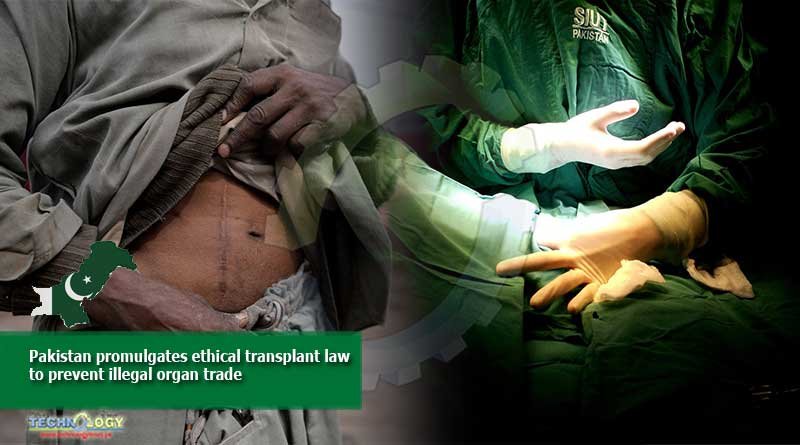The year 2020 marks the completion of a decade of the promulgation of ethical transplant law in Pakistan.

The year 2020 marks the completion of a decade of the promulgation of ethical transplant law in Pakistan. It was designed to serve as a deterrent to the unlawful and unfair practices of organ trade.
The law, which was bipartisan with the cooperation of all the parliamentarians, was accented by the then president Asif Ali Zardari in a ceremony held at the Presidency in Islamabad back in 2010.
The ceremony was followed by another one held in Karachi. It was attended by the visiting representatives of the International Transplantation Society, Prof Francis Delmonico, and the World Health Organisation, Dr Noel.
While signing the legislation, Zardari perhaps became the first head of state to support organ donation and pledged his organs after death by signing his donor card.
Tracing the history of illegal organ transplant in the country, one finds that before the law was promulgated, 1,500 illegal unrelated donor transplants were taking place every year. Pakistan had gained notoriety as the world’s largest ‘Kidney Bazaar’, greatly tarnishing the image of the country.
Poor kiln workers and farm helpers were the main victims, as they were duped into selling their kidneys for a paltry sum of Rs100,000 while hospitals and unscrupulous doctors made millions through foreigners paying up to $30,000 (around Rs5 million).
The law significantly reduced the illegal unrelated transplant, particularly for foreigners. Moreover, the law enforcement agencies became more vigilant and got involved in prosecuting the offending doctors and technical staff, who were put behind bars. The process of swift justice helped control illegal transplants.
The Transplantation Society of Pakistan and the Sindh Institute of Urology & Transplantation (SIUT) both played a pivotal role in highlighting the plight of poor kidney donors, involving the media and society at large.
Both organisations were also instrumental in providing advice and guidance on the law to the legislators. Being the largest transplant centre, the SIUT has performed 6,201 renal transplants from family donors free of charge and without hurting the dignity of the donor or the recipient.
The article is originally published at The News.
